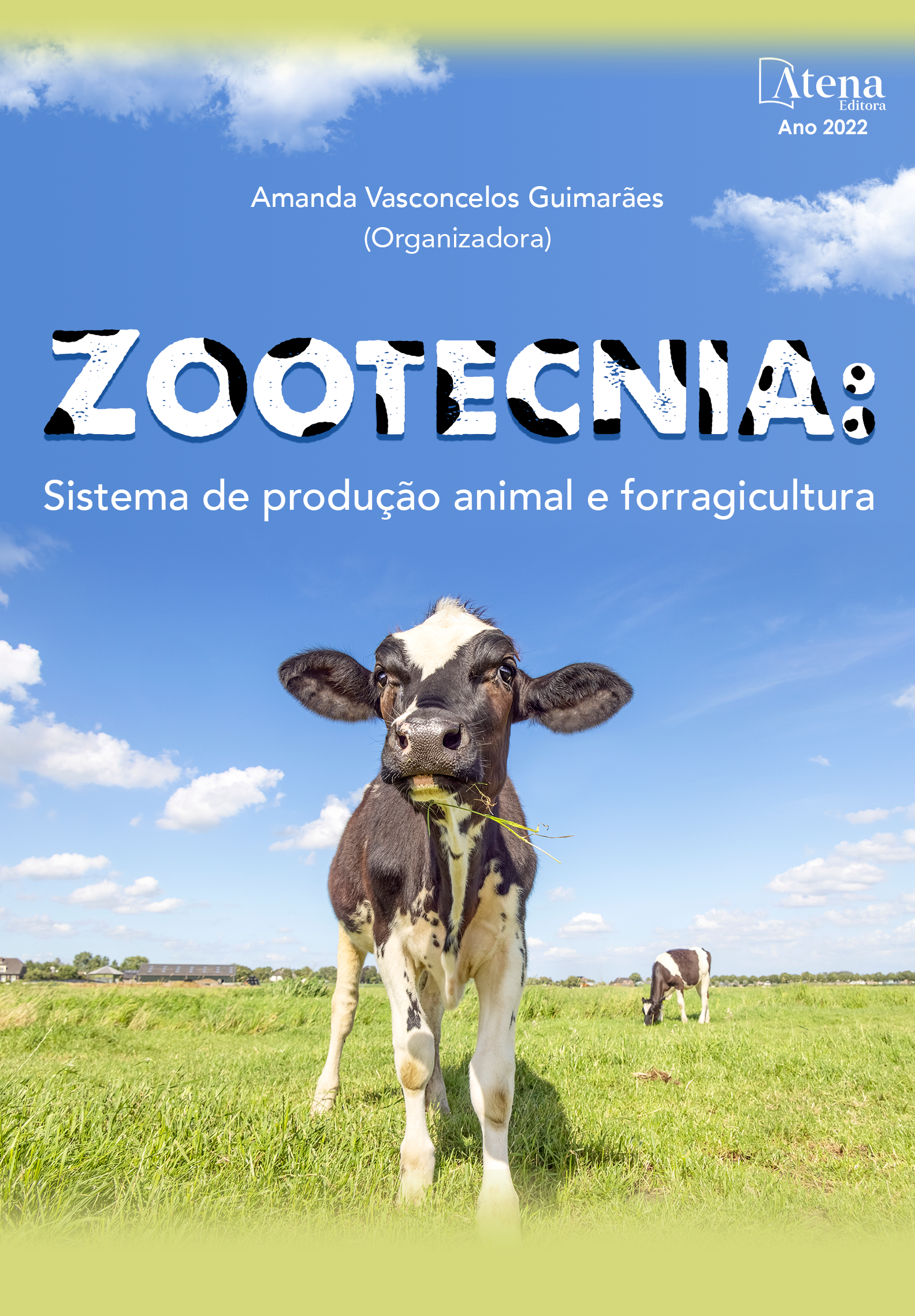
AVALIAÇÃO in vitro DO USO DA GEOPRÓPOLIS DE ABELHA URUÇU (Melipona scutellaris) COMO AGENTE CARRAPATICIDA
O carrapato Rhipicephalus microplus é o carrapato tropical de bovinos, limitantes para o crescimento da rentabilidade e vetor de algumas doenças. Este trabalho teve por objetivo avaliar in vitro o extrato alcoólico da geoprópolis da abelha uruçu (Melipona scutellaris), no controle do carrapato R. microplus. Foram selecionadas mais de 200 teleóginas ingurgitadas em propriedade do Vale do Jiquiriçá. Estas foram levadas ao laboratório, selecionadas 180 que estavam mais ativas, separadas em grupos de dez, devidamente identificados, para cada grupo de avaliação e suas respectivas triplicatas. O delineamento experimental foi inteiramente casualizado, com 6 tratamentos e 3 repetições; onde cada grupo foi imerso nas diferentes diluições por cinco minutos e dispostos em placas de Petri, também sinalizadas de acordo com seu grupo de avaliação. O monitoramento das teleóginas foi feito diariamente observando e anotando taxas de sobrevivência, postura e eclosão. O extrato puro obteve maior eficiência no controle dos carrapatos, tanto na avaliação de sobrevivência das teleóginas, bem como, na postura e eclosão. Trata-se de uma possível alternativa no controle dos carrapatos R. microplus, necessitando mais estudos para confirmação da ação do extrato alcoólico da geoprópolis da abelha uruçu no controle do carrapato de bovinos em diferentes regiões geográficas.
AVALIAÇÃO in vitro DO USO DA GEOPRÓPOLIS DE ABELHA URUÇU (Melipona scutellaris) COMO AGENTE CARRAPATICIDA
-
DOI: 10.22533/at.ed.3602222021
-
Palavras-chave: Carrapatos. Orgânico. Controle. Bovino.
-
Keywords: : Ticks, Organic, Control, Bovine.
-
Abstract:
The tick Rhipicephalus microplus is a tropical cattle tick, limiting the growth of profitability and vector of some diseases. The objective of this work was to evaluate in vitro the alcoholic extract of the geopropolis of the uruçu bee (Melipona scutellaris), in the control of the tick R. microplus. More than 200 engorged female teleoginas on property in the Jiquiriçá Valley were selected. These were taken to the laboratory, selected 180 that were more active, separated into groups of ten, properly identified, for each assessment group and their respective triplicates. The experimental design was completely randomized, with 6 treatments and 3 replications; where each group was immersed in the different dilutions for five minutes and placed in Petri dishes, also marked according to their evaluation group. The monitoring of the female teleoginas was carried out daily, observing and recording survival, laying and hatching rates. The pure extract was more efficient in controlling ticks, both in the evaluation of survival of the female ticks, as well as in the posture and hatching. It is a possible alternative in the control of R. microplus ticks, requiring further studies to confirm the action of the alcoholic extract of the uruçu bee geopropolis in the control of ticks in cattle in different geographic regions.
-
Número de páginas: 14
- ISLANE LORRANIE CARVALHO FAGUNDES
- FRED DA SILVA JULIÃO


